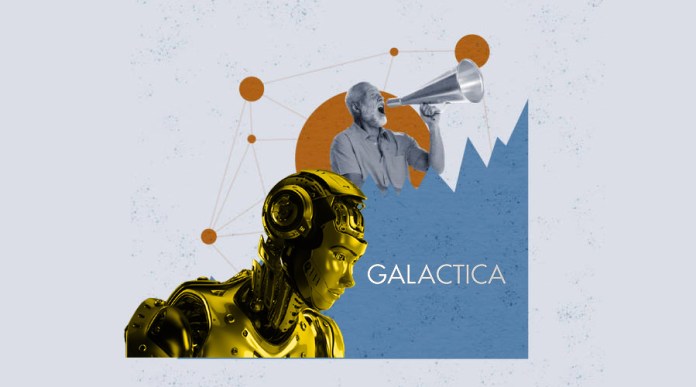Large language models have significantly advanced in recent years (LLMs). Impressive LLMs have been revealed one after another, starting with OpenAI’s GPT-3, which produces texts that are incredibly accurate, and ending with its open-source equivalent BLOOM. Language-related problems that had previously been intractable was reduced to a challenge for these models.
Thoughts
The enormous quantity of data we have access to on the Internet plus the availability of potent GPUs have allowed for all of this growth. Despite how great they may seem, training an LLM is a very expensive procedure in terms of technology and data. Given that these AI models include billions of parameters, it is quite difficult to provide them with sufficient data. But when you do, you get a captivating performance.
Have you ever wondered where the idea for “computing” gadgets came from? Why did humans spend so much time and energy creating the earliest computers? We may presume that wasn’t done to amuse people with YouTube videos or video games.
Questions and advices

It all began with the intention of addressing science’s information overload. Computers are suggested as a way to handle the expanding amount of information. Routine activities like storage and retrieval would have been taken care of, clearing the space for scientific thinking’s discoveries and judgments. Can we truly say we accomplished this given how difficult it is getting to find an answer to a scientific topic on Google these days?
Moreover, a human being cannot possibly process the vast volume of scientific publications that are released every day. For instance, in May 2022, arXiv received an average of 516 papers each day. In addition, the volume of scientific data is increasing beyond our capacity for digesting it.
We have resources to obtain and sort this data. The first place you turn to when doing research is Google. Google will direct you to the appropriate location, such as Wikipedia or Stackoverflow, even if most of the time it won’t provide the solution you’re seeking for.
Yes, we can locate the answers there, but there is a cost associated with using these resources, and as a result, updates might take a while.

Facts
What if we had a more effective tool for accessing and sorting the vast quantity of scientific data we already have? Search engines can simply store information; they are unable to make decisions. What if Google Search could comprehend the data it keeps and provide immediate answers to our queries? We should now introduce Galactica.
Language models may be able to store, mix, and reason about scientific information, in contrast to search engines. They can uncover buried information, draw links across study pieces, and share those revelations with you. Additionally, they can genuinely provide you with vital information by linking pieces of knowledge. creating wiki entries, lecture notes for the course, responses to your inquiries, and literature reviews on certain topics. With language models, all of these are doable.
Conclusion
The first step toward a perfect scientific neural network helper is Galactica. The interface through which we obtain knowledge will be the ultimate scientific aid. While you concentrate on using this knowledge to make decisions, it will manage the laborious information overload process.
How does Galactica operate then? It is a LARGE language model, I suppose.


